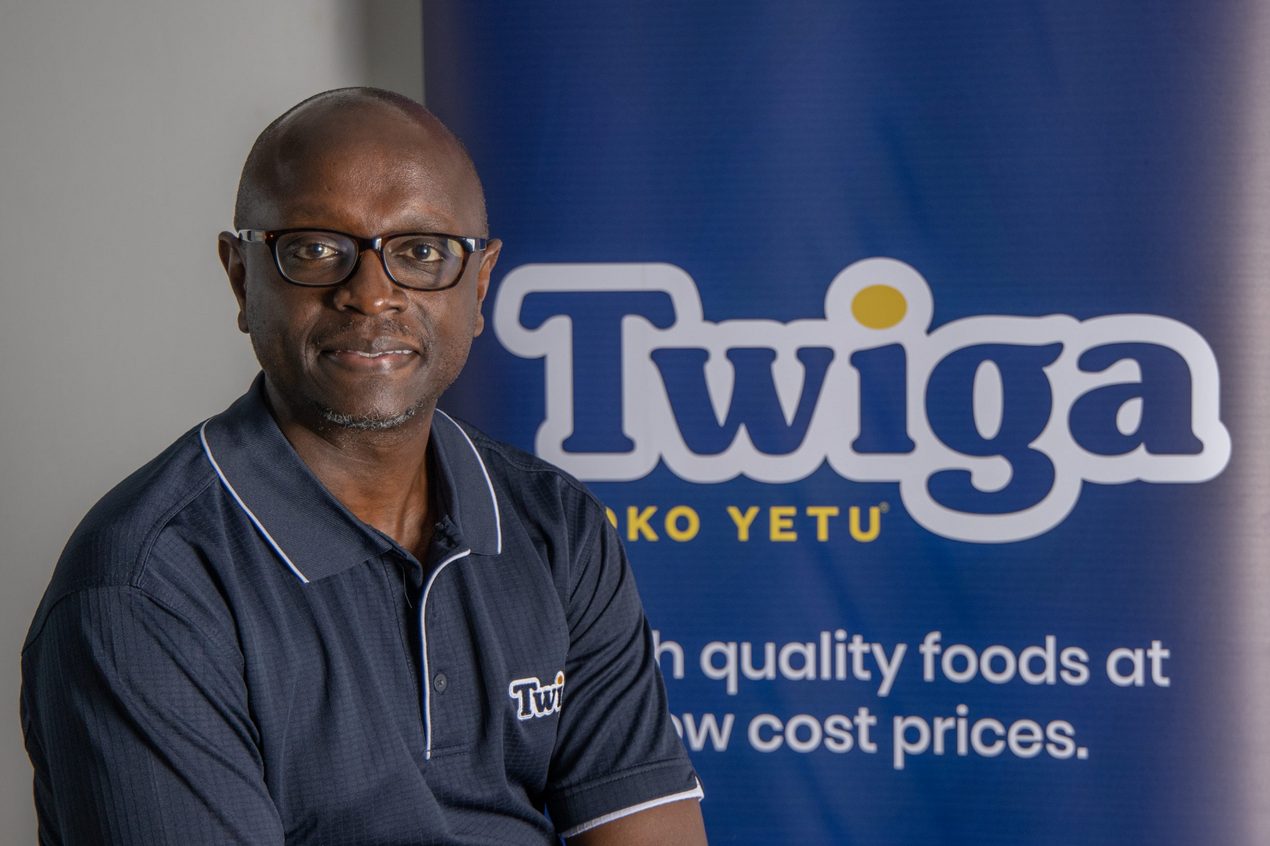In a remarkable display of resilience and strategic acumen, Peter Njonjo, the CEO of Twiga Foods, successfully navigated the company through a challenging funding crisis, employing savvy strategies to align stakeholders, develop a strategic plan, and secure refinancing.

This transformative journey has not only stabilized the company but has also set the stage for its future growth and prosperity.
Twiga Foods, a prominent fresh produce distribution platform in Kenya, has proudly announced the successful conclusion of its capital raise, earmarked for the execution of transformative initiatives and robust growth plans.
A pivotal aspect of this achievement is the settlement of longstanding dues to patient suppliers, signifying a commitment to responsible business practices.
This significant announcement follows a year and a half of trials for Twiga Foods, during which the company confronted a funding shortfall, underwent a rigorous restructuring process, and weathered public scrutiny.
Adapting to a shifting landscape, Twiga Foods redefined its strategy and business model, ensuring adaptability and survival in the face of adversity.
The Rise and Fall of the Start-up Boom
Established in 2014 with a vision to streamline the fresh produce supply chain in Kenya, Twiga Foods initially soared to success.
Leveraging technology and data optimization, the company garnered over $50 million in equity and debt financing between 2015 and 2019, attracting support from international investors such as the International Finance Corporation, TLcom Capital, DOB Equity, and Goldman Sachs.
By early 2020, Twiga Foods had become a prominent force in Kenya’s business landscape, boasting annual revenues surpassing $100 million and earning a spot among the top 10 companies on the Nairobi Stock Exchange.
However, the global economic shift in March 2020, marked by rising inflation and interest rates in the US, triggered a funding drought for Twiga Foods, necessitating a strategic overhaul to ensure survival.
The Painful Process of Restructuring and Pivoting
As the company grappled with the funding crunch, Peter Njonjo and the Twiga Foods team embarked on a challenging journey of restructuring and pivoting, addressing critical aspects for sustainable recovery.
Financial Independence
- Reduced dependence on external financing.
- Focused on generating internal cash flows and profits.
Operational Optimization
- Implemented cost-cutting measures.
- Optimized resources to enhance efficiency and margins.
Diversification and Risk Mitigation
- Diversified revenue streams and customer segments.
- Aimed to reduce exposure and vulnerability.
Innovation and Value Creation
- Prioritized innovation to differentiate products and services.
- Focused on creating value and fostering loyalty.
Alignment with Mission and Vision
- Undertook changes while steadfastly maintaining its mission and vision.
- Committed to fulfilling obligations to stakeholders.
Despite the imperative nature of this strategic shift, the process was arduous, marked by a significant learning curve, trial and error, and continuous improvement.
The challenges faced were multifaceted, spanning internal dynamics, external stakeholder relations, and the delicate balance of short-term and long-term goals.
Internal Dynamics
- Growing gap of understanding and alignment among management, the board, and employees regarding the current situation and required actions.
External Stakeholder Relations
- Rapid erosion of credibility and trust with external stakeholders (minority shareholders, lenders, suppliers, government, and customers).
- Disappointment or feelings of betrayal by stakeholders due to decisions and performance.
Balancing Short-Term and Long-Term Goals
- Constant pressure and stress to balance short-term and long-term objectives and interests.
- Navigated uncertainty and volatility in the market and the industry.
The Recovery and Revival of Twiga Foods
Undeterred by the challenges, Twiga Foods pressed on, tirelessly seeking solutions and opportunities for improvement and growth.
Continuous engagement with stakeholders facilitated the explanation and justification of actions, contributing to the gradual restoration and rebuilding of relationships.
After a year and a half of determined struggle and sacrifice, Twiga Foods achieved a breakthrough, securing a new round of funding from both existing and new investors who believed in its potential
This injection of funds propelled the company’s transformation and growth plans, including expanding its product portfolio, enhancing its technology platform, and venturing into new markets.
Notably, this funding also addressed long outstanding dues to suppliers, marking a significant milestone for Twiga Foods and symbolizing its recovery and revival.
Positive feedback and recognition from the market and industry underscored the company’s resilience and innovation.
Expressing gratitude, CEO Peter Njonjo extended appreciation to all stakeholders who supported and trusted the company during challenging times.
He conveys optimism about the company’s future, citing a clear vision and strategy, a robust team and culture, a loyal customer base, and positive social impact as key strengths.
As Twiga Foods embarks on a new chapter, guided by a vision and strategy centered on profitability and sustainability, its journey stands as a testament to effective leadership, adaptability, and unwavering determination in the face of adversity.
















